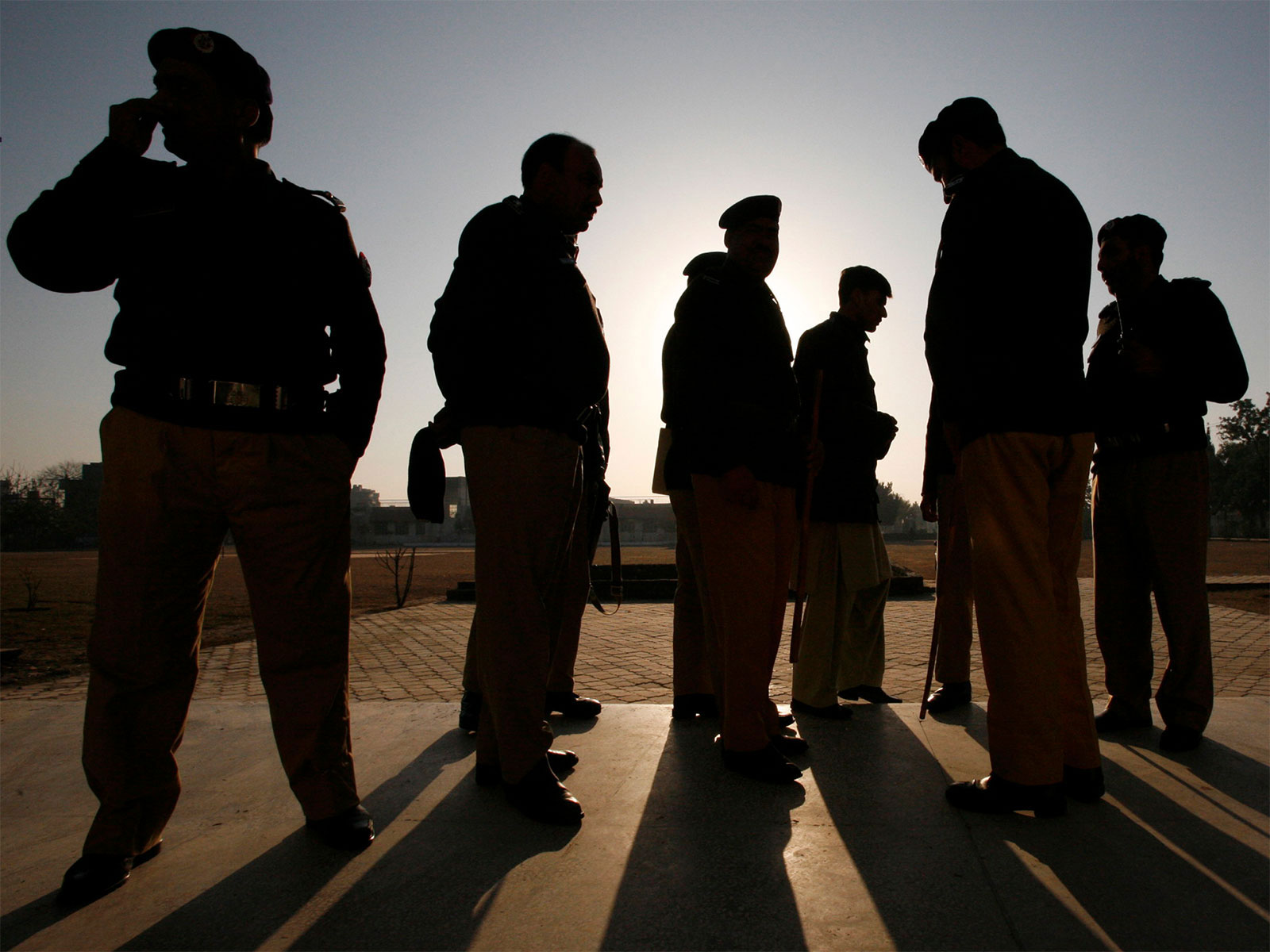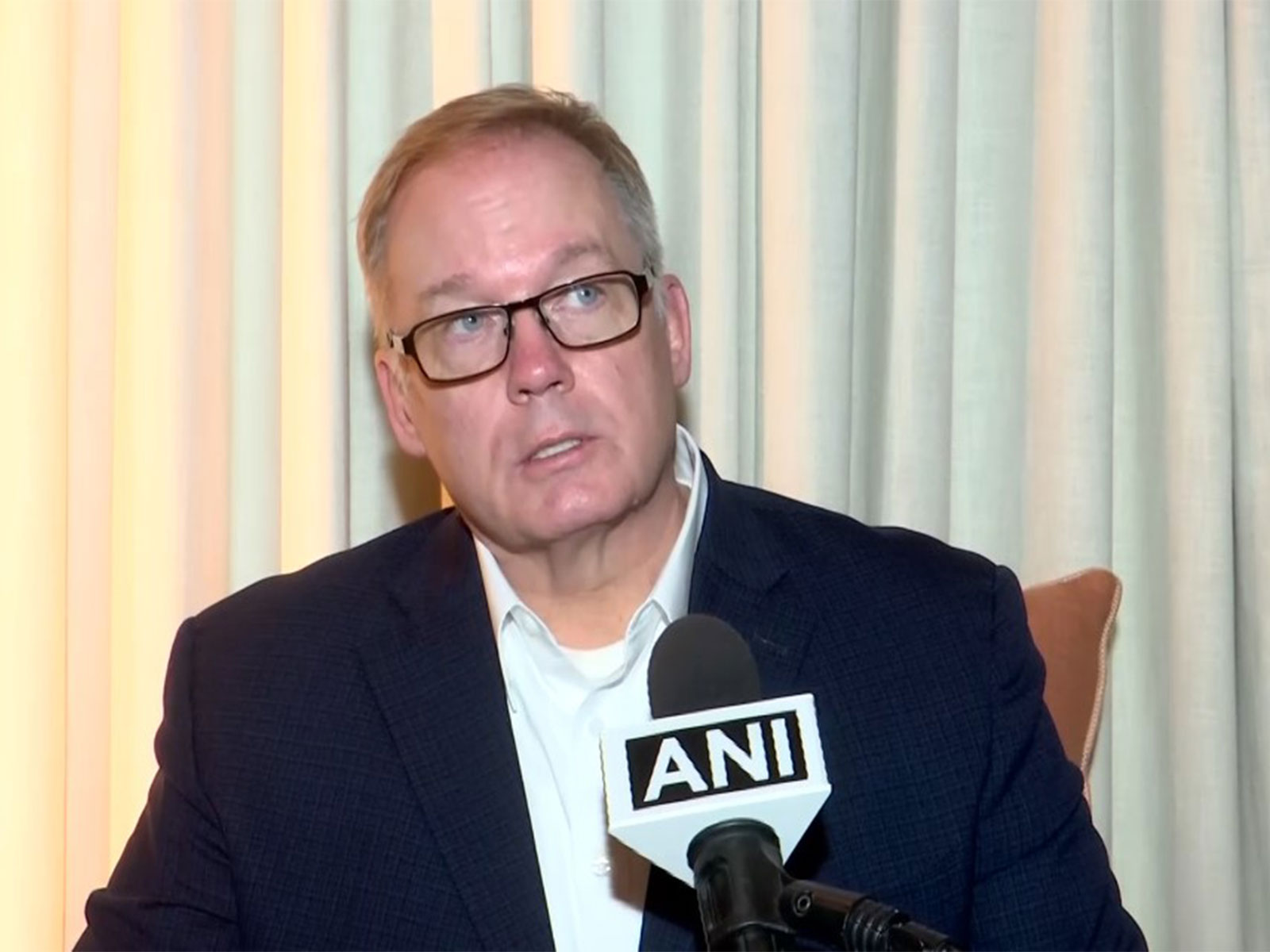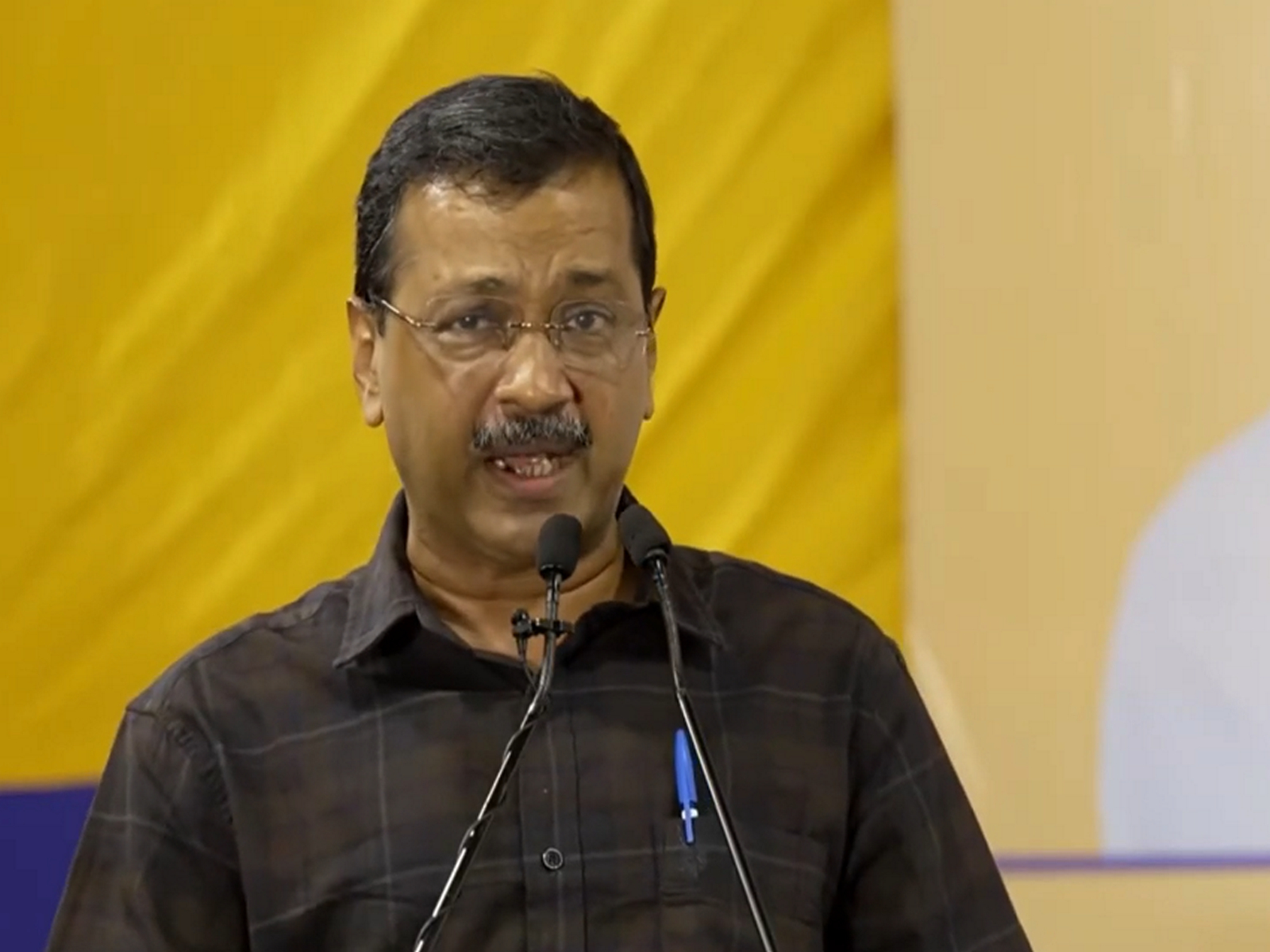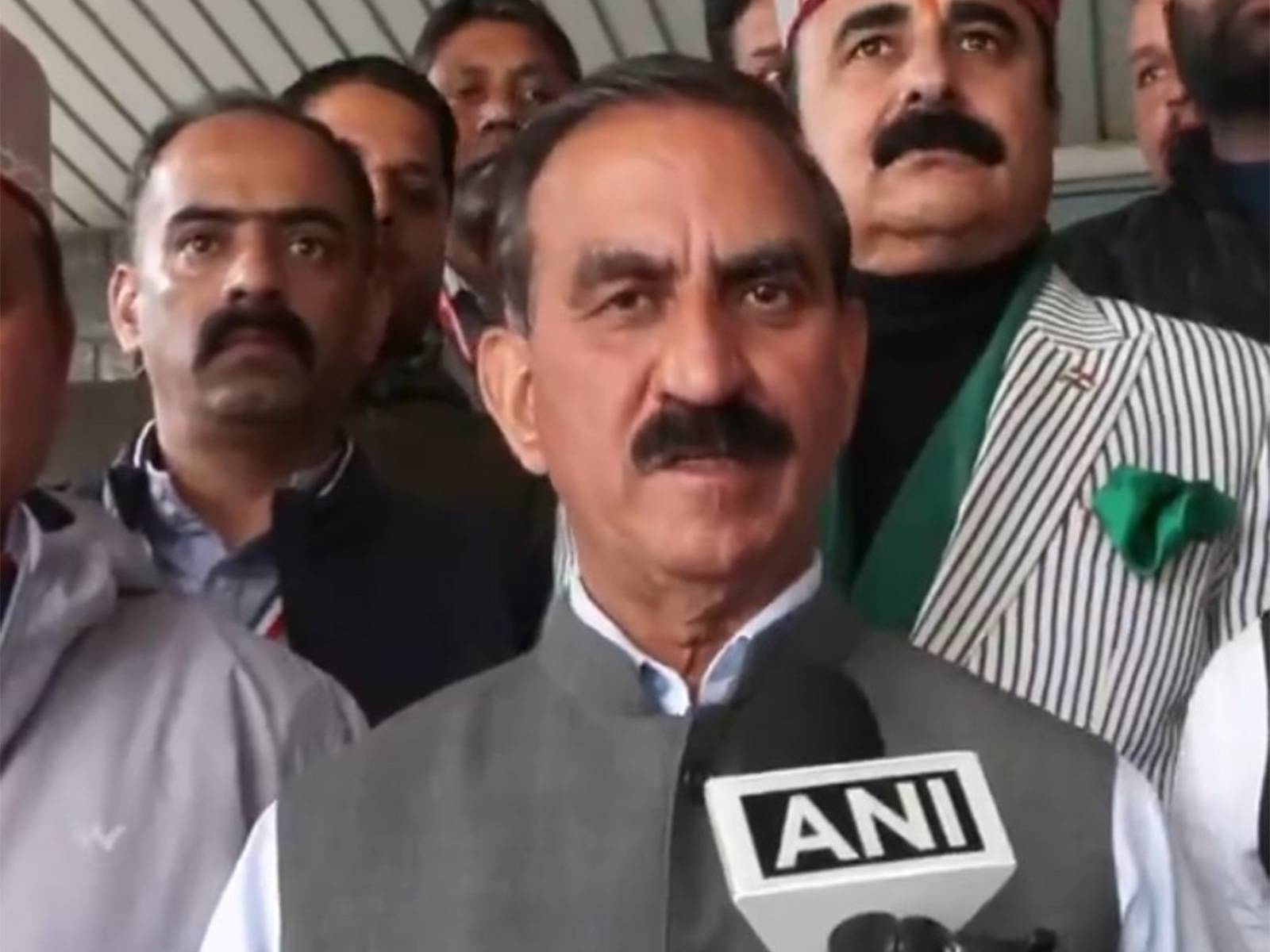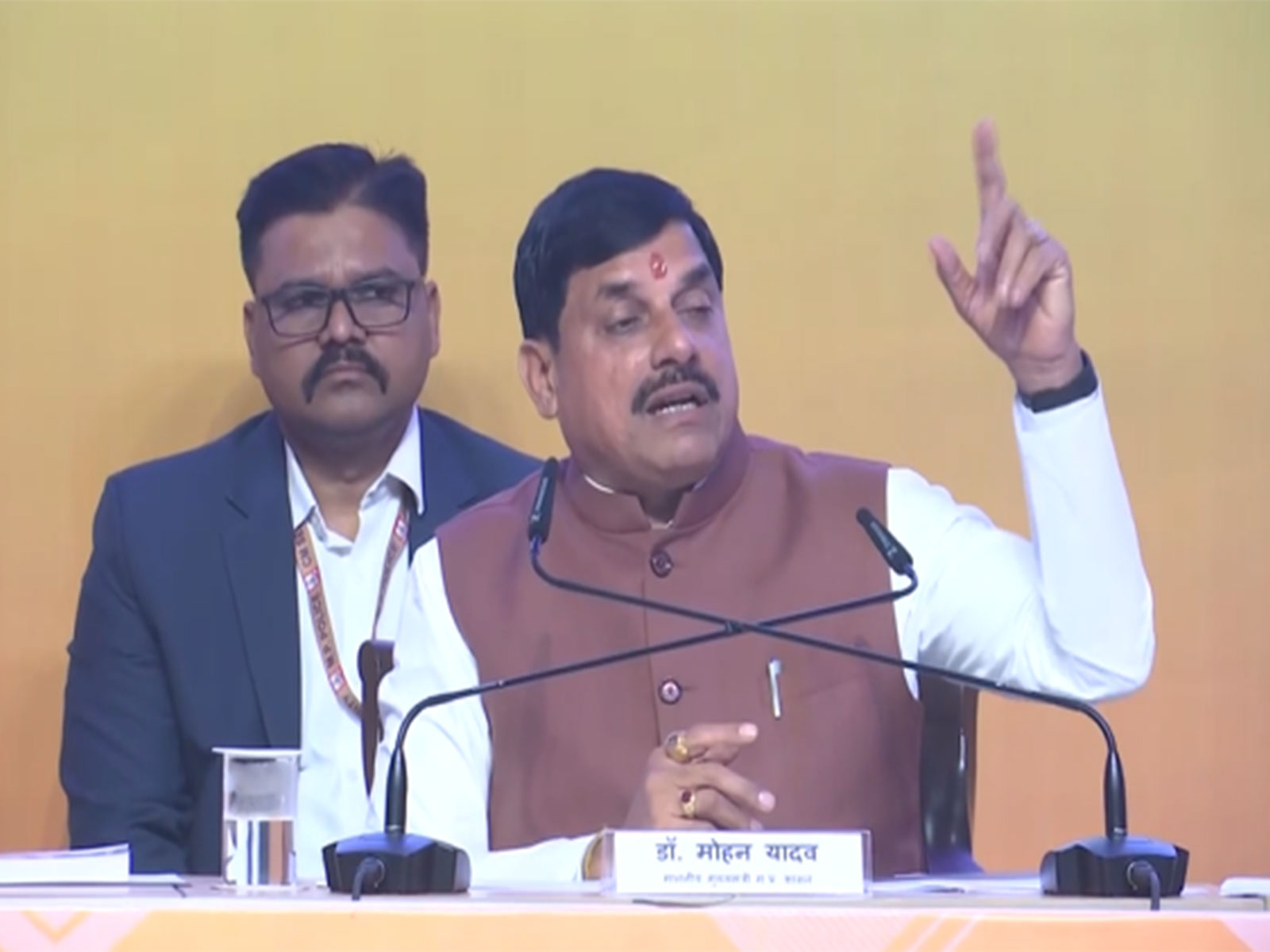Pakistan PM hoping for an 'all-weather friend', chooses to ignore China's wrongdoings
Oct 08, 2020

Washington [US], October 8 : In the hope to have China as an "all-weather ally", Pakistan has continued to support Beijing amid the COVID-19 pandemic and even looked the other way round in the case of ongoing human rights violation against the Muslims in Xinjiang region.
According to an article titled 'Why China Has the Power to Dictate Pakistan's Future' by William Shriver published in The National Interest, Prime Minister Imran Khan has balanced his criticism of China because Pakistan receives billions of dollars of investment through the Belt and Road Initiative.
To keep the China-Pakistan relations flourishing, Khan even downplayed the early stages of the coronavirus in both China and Pakistan.
In February, Khan had said in a tweet, "Pakistan stands with the people & govt of China in their difficult & trying time and it will always stand by them". After a month, he said in a statement, "In a few days everything would be normal... This virus is a kind of flu. It spreads quickly."
Shriver has highlighted Khan showing willingness to push aside a deadly virus to preserve the China-Pakistan relationship and appease Chinese officials.
Meanwhile, Khan also preferred to turn a blind eye towards the rampant human rights violations on Muslims in the Xinjiang region by the Chinese government.
The author said that in the past year, Khan has looked the other way on the Uyghur genocide in Xinjiang, shown public support for China's controversial Hong Kong security bill, and has now pandered to China during the coronavirus pandemic as China invests some USD 60 billion into Pakistan through the China-Pakistan Economic Corridor (CPEC).
As Pakistan continues to raise the so-called human rights violations by the Indian government, William Shriver questioned Asad Majeed Khan, Pakistan Ambassador to the US, on why Pakistan--a long time haven for pan-Islamic causes--is ignoring the over one million Uyghur Muslims in concentration camps in Xinjiang?
In reply Ambassador Khan said, "We [Pakistan] normally don't comment on the internal situations of other countries, of our friends in particular. To equate our raising of the human rights violations in Kashmir in India is very different because China has never raised those issues with us [Pakistan] . . . We do not talk about these things publically given the state of relationship that we have with China."
While Pakistan continues to defend China in the hope of gaining an "all-weather ally", the author of this article poses a question -- will Beijing will rush to Islamabad's aid during India-Pakistan's skirmish like the US, who gave outright support to India during recent India-China standoff.
The author has opined that if China takes a sudden decision to not help Pakistan in time of need then "Pakistan would be left out in the rain".
However, it stands true to the fact that China's growing relationship with Pakistan is one of the most important developments in the South Asian foreign policy.


